A ‘cautionary tale’ about location tracking
A new study out of the University of Rochester shows that data collected from your acquaintances and even strangers can predict your location.
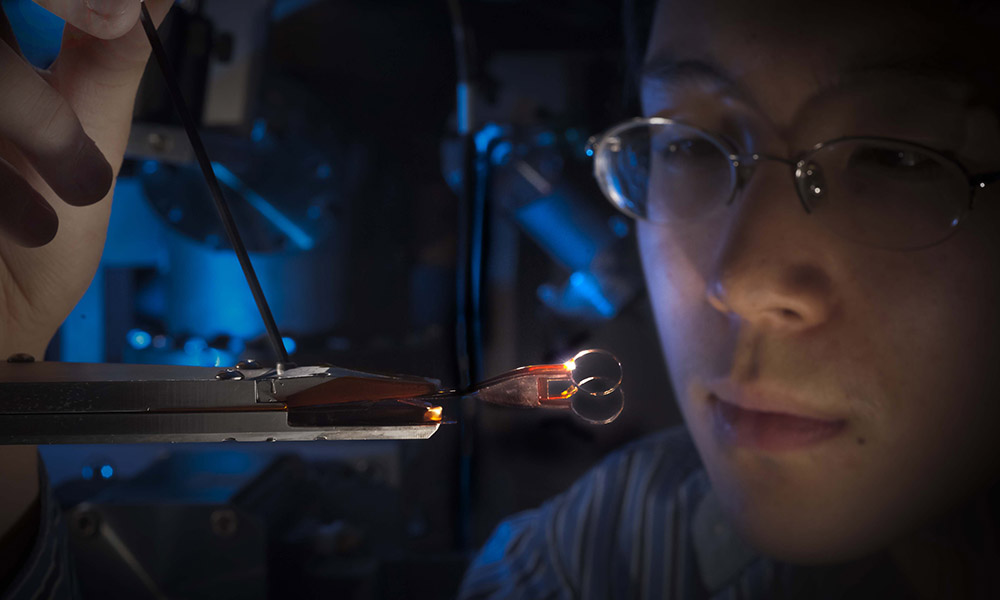
Laser Lab springboards 100-plus high schoolers to doctoral degrees
During a summer research program, high school students are paired with Rochester scientists to gain real-world experience at one of the nation’s leading laser facilities.
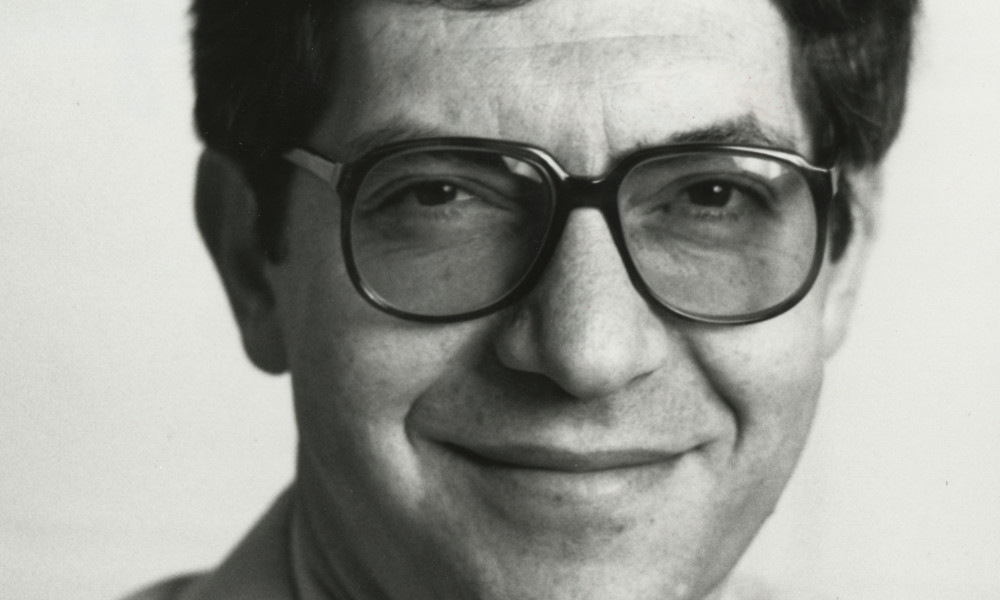
Thomas Ferbel remembered as inspiring mentor and distinguished particle physicist
The long-time Rochester physics professor, who died in March, studied the building blocks of matter and the nature of quarks.

Laboratory for Laser Energetics represented at White House summit on fusion energy
LLE Director Michael Campbell joined national stakeholders to discuss the development and commercialization of fusion as a safe, clean, reliable energy source.
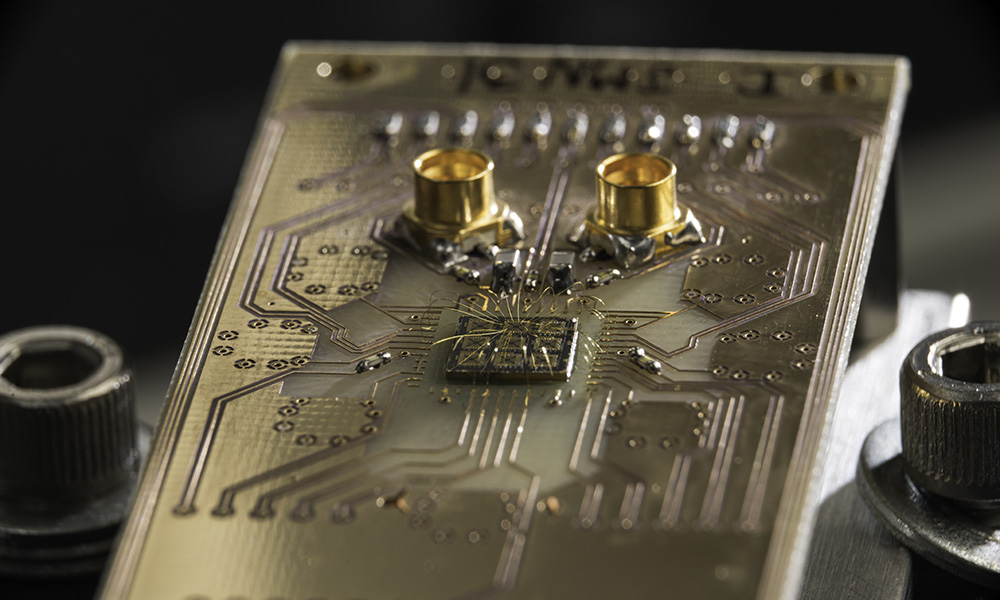
Researchers continue to confront major hurdles in quantum computing
With new insights on the problem of noise in quantum computing, Rochester researchers make major strides in improving the transfer of information in quantum systems.
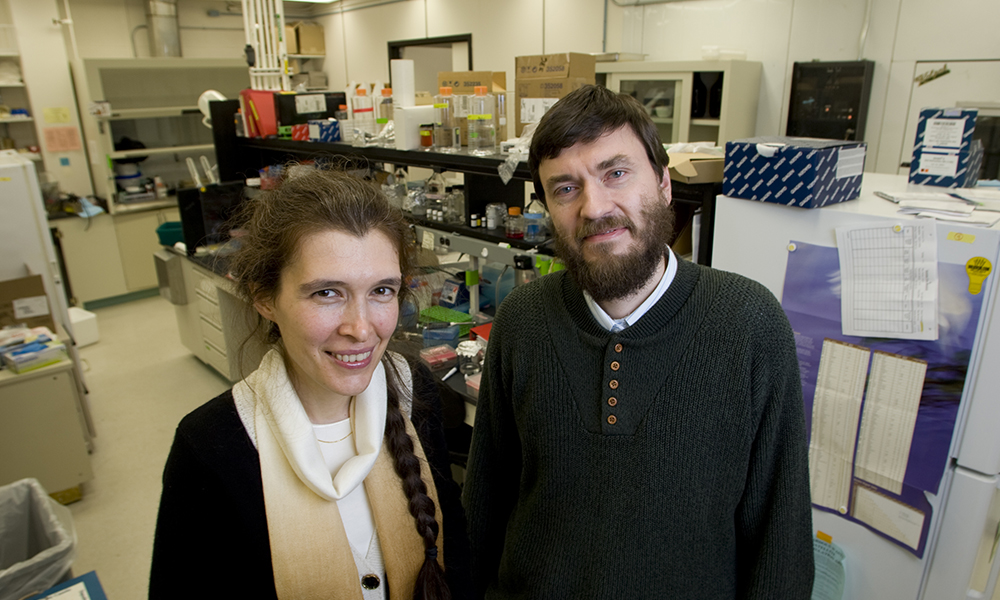
Connecting the dots between aging, Alzheimer’s, and ‘junk DNA’
Biologists Vera Gorbunova and Andrei Seluanov join colleagues at Brown and NYU in the quest to find potential targets of treatments and therapeutics for neurodegenerative diseases.
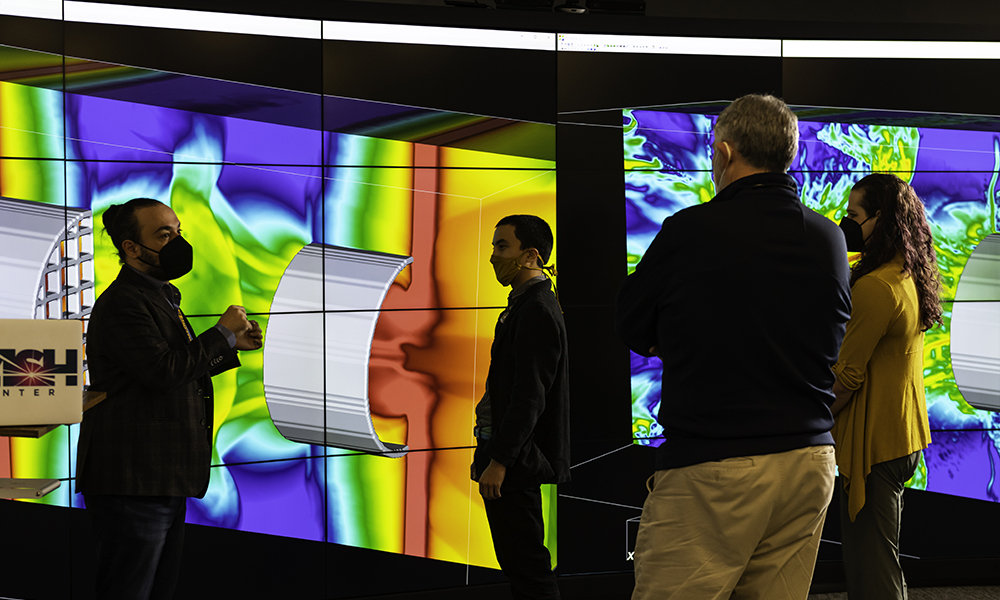
Tracing the evolution of galaxy clusters
Petros Tzeferacos, an associate professor of physics and astronomy and a senior scientist at LLE, and colleagues from Chicago and Oxford have replicated in a laboratory setting conditions that exist within galaxy clusters.
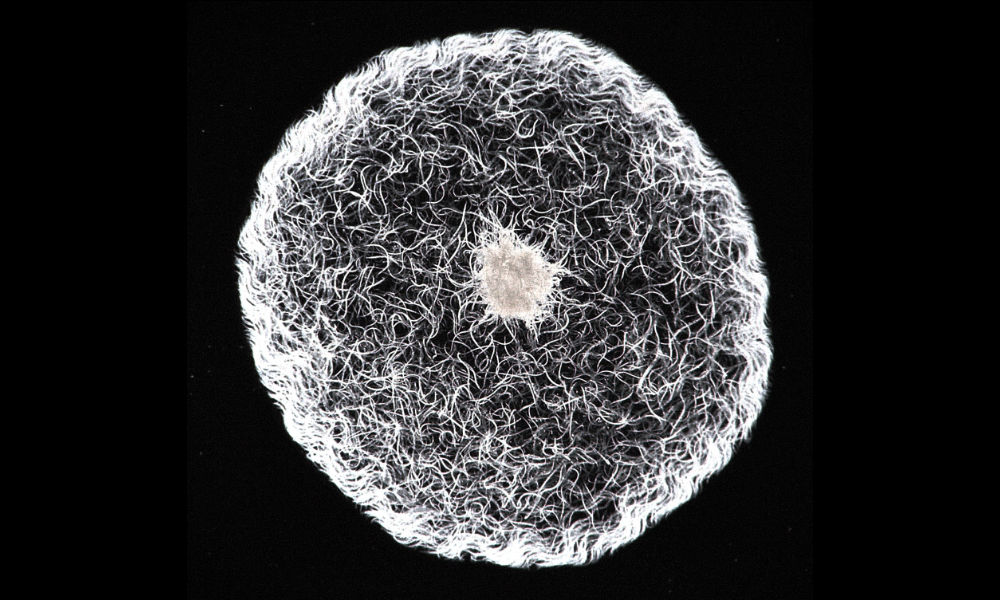
WATCH: Vinegar eels ‘do the wave’
This never-before-seen style of collective motion isn’t the only finding that surprised Rochester researchers about the organisms.
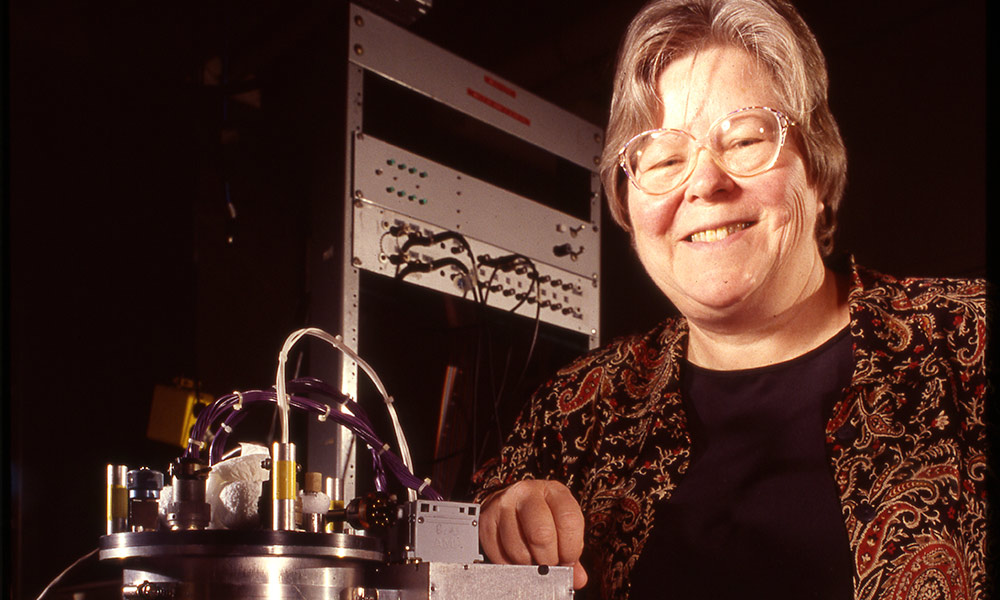
Judith Pipher remembered as a trailblazer in the field of infrared astronomy
The professor emerita, known as the ‘mother of infrared astronomy,’ had a profound impact on research into astronomical phenomena and the origins of the universe and was a pioneer for women in science.
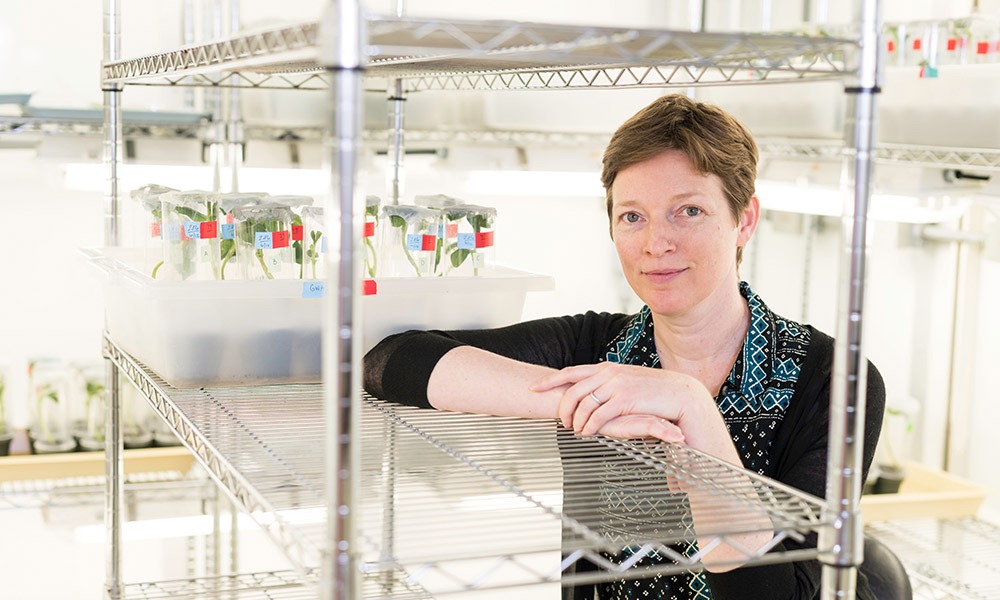
Grant helps biologist study ‘complex interplay’ of nature and nurture on genes
Jennifer Brisson, an associate professor of biology, will further her study of phenotypic plasticity, which describes how an organism’s development is influenced by its environment, with a five-year, $2 million NIH grant.

